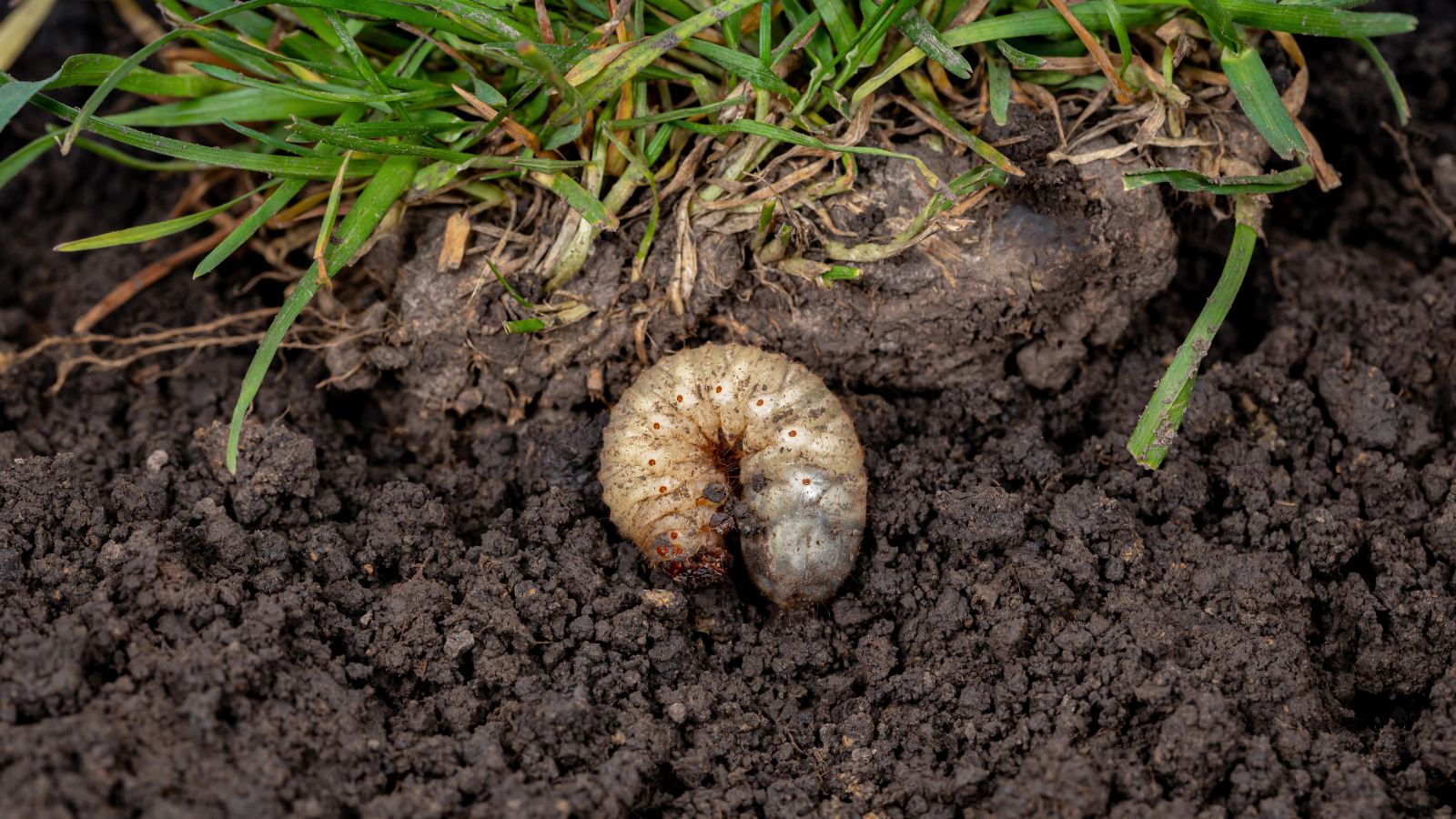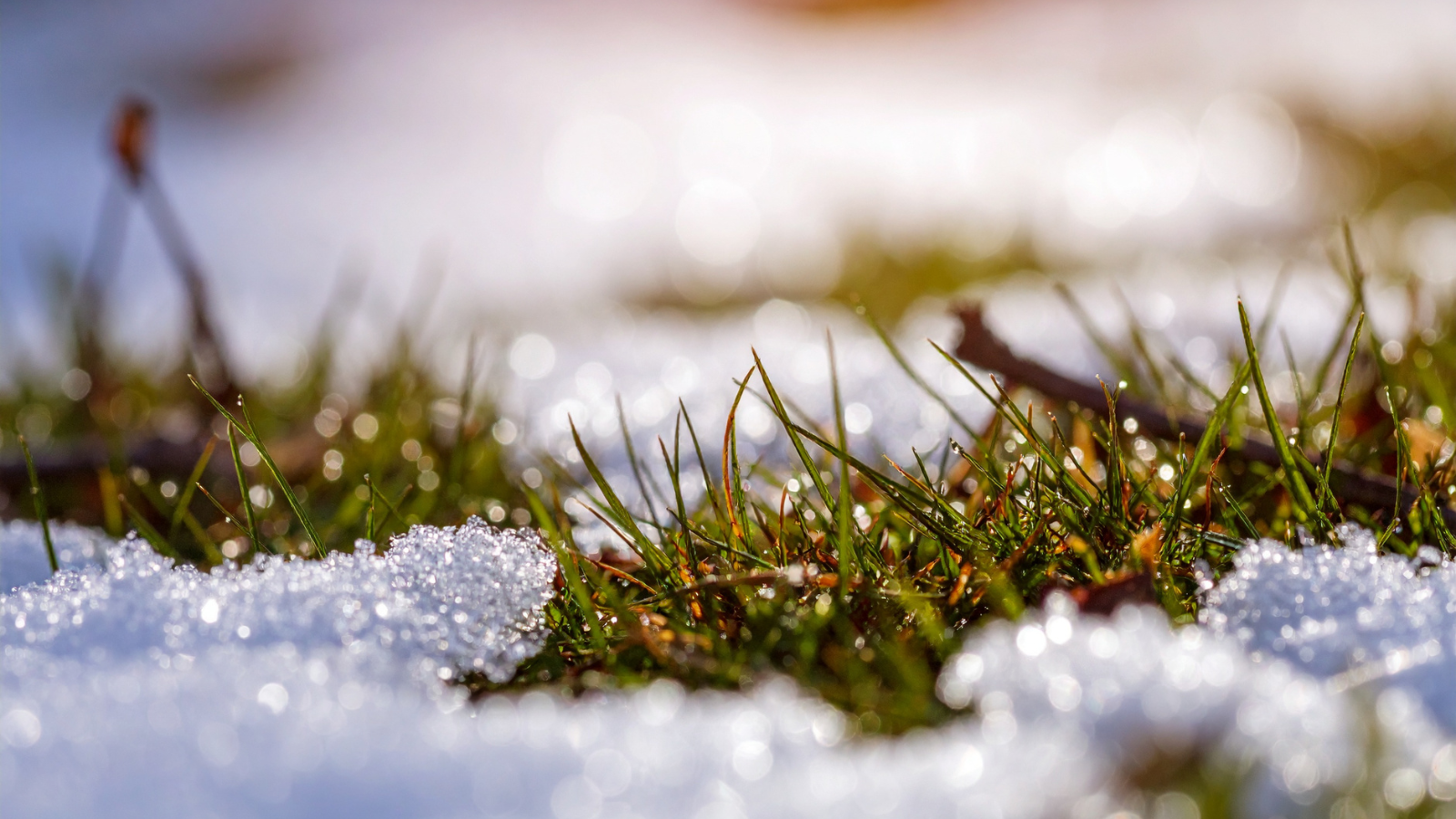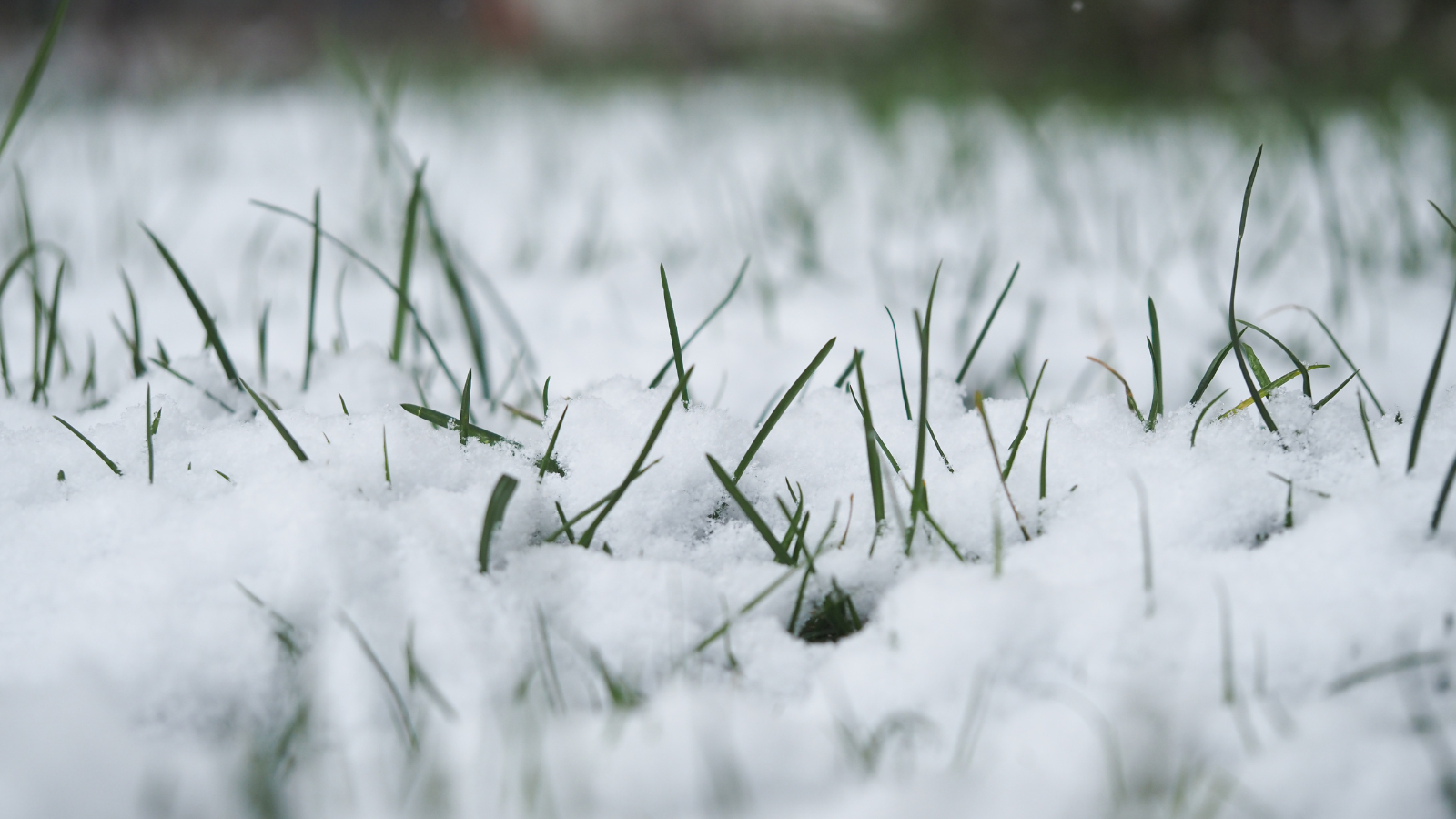December 23, 2024
5 Common Misconceptions About Lawn Care in Michigan
Lawn care in Michigan can be a tricky task, especially with the state’s unique climate that includes long, cold winters, hot and humid summers, and often unpredictable seasonal changes. As a result, many homeowners make mistakes when caring for their lawns, often because of widely held misconceptions. These myths can lead to poor lawn health, excessive expenses, and frustration. Below, we dispel the top 5 misconceptions about lawn care in Michigan and provide you with the truth to help keep your lawn lush and thriving all year round.
1. Mowing Your Lawn Short During the Summer Will Reduce Maintenance
One of the most persistent myths in lawn care is the idea that cutting your lawn short during the summer will make it easier to maintain. Many homeowners believe that by cutting the grass short, they reduce the need for frequent mowing and give their lawn a "clean" look. However, mowing your lawn too short—especially in Michigan’s hot summer months—can actually stress the grass and make it more vulnerable to a number of issues, such as drought and heat stress.
In Michigan, the ideal grass height during summer is about 3-4 inches. This length helps shade the soil, retain moisture, and promote deeper root growth. When you cut your lawn too short, it exposes the roots to heat and UV rays, reducing their ability to absorb water and nutrients. This can also lead to faster weed growth, as short grass provides less of a barrier to weed seeds. To maintain a healthy lawn, mow regularly but keep your grass at a healthy height.
Why It's Important:
A properly mowed lawn helps protect the soil from the harsh Michigan sun, allows for deeper root growth, and conserves moisture. This is essential during the summer months when water may be scarce.
2. Weed Killers Kill All Weeds Immediately on the First Application
Many people believe that a single spray of weed killer is all it takes to banish weeds for good, but it’s not quite that simple. Weed control is a process that takes time, consistency, and often more than one application to achieve lasting results. While fast-acting herbicides might make weeds look like they’re disappearing overnight, their roots often stay alive beneath the surface, ready to grow back if left untreated. On top of that, different weeds have varying levels of resilience, which means some require specialized products or follow-up treatments to fully get rid of them. It’s not a one-and-done deal—it’s more of a steady commitment.
Think of weed control as just one piece of the puzzle in maintaining a healthy, vibrant lawn. Pairing it with good lawn care practices like regular mowing, proper fertilization, and consistent watering can make all the difference. A thriving lawn naturally chokes out weeds, making them less of an issue over time. The key is patience and a well-rounded approach, because a strong, lush lawn is the best defense against those pesky invaders.
Why It's Important:
Weed killers are important because they help eliminate invasive plants that compete with grass and other desired vegetation for nutrients, water, and sunlight, ensuring a healthier and more vibrant lawn.
3. You Should Only Water Your Lawn When It’s Hot Outside
A common misconception in Michigan is that you only need to water your lawn during hot weather. Many homeowners believe that if it’s not summer or there’s no heatwave, their lawn doesn’t need watering. However, this myth fails to consider the fact that grass needs consistent moisture to thrive throughout the entire growing season.
While it’s true that your lawn may require more water in the peak of summer, it still needs a regular watering schedule throughout the rest of the year. In Michigan, lawns need about 1 to 1.5 inches of water per week, whether that’s from rainfall or irrigation. During cooler months, the lawn may need less water, but skipping watering entirely can lead to dehydration, stunted growth, and disease. The key is to water deeply and less frequently—this encourages roots to grow deeper and become more drought-resistant.
Why It's Important:
Consistent watering, regardless of the temperature, helps maintain lawn health, ensuring that the grass develops deep roots capable of withstanding Michigan’s dry spells and fluctuating temperatures.
4. You Can’t Plant Grass Seed in Fall
Many people in Michigan believe that planting grass seed in the fall won’t work because of the approaching cold weather. However, fall is actually one of the best times to plant grass seed in Michigan, as the cooler temperatures and increased moisture create ideal conditions for seed germination.
In fact, planting grass seed in the fall allows it to establish roots before the ground freezes in winter. The cooler temperatures prevent the seeds from drying out too quickly, and the soil is still warm enough to encourage root growth. Additionally, planting in the fall means that your lawn will be in top shape come spring, as it will have had time to develop healthy roots during the winter. Late summer or early fall (before the first frost) is the ideal time for overseeding in Michigan.
Why It's Important:
Fall seeding takes advantage of the cool, moist conditions that support grass seed germination and root establishment. Planting in the fall ensures a greener, healthier lawn in the following year.
5. A Green Lawn Means It’s Healthy
Perhaps the most common misconception about lawn care is that a green lawn automatically means a healthy one. While color can be an indicator of grass growth, it doesn’t necessarily mean that your lawn is thriving. A green lawn could still have problems with its roots, soil quality, or pests.
In Michigan, lawn health is more than just the color of the grass. To assess the health of your lawn, it’s important to check the depth of the roots and the overall condition of the soil. Shallow roots, poor soil, and the presence of pests like grubs can prevent your lawn from thriving, even if it looks green on the surface. Regular soil testing, aeration, and pest control are essential components of maintaining a truly healthy lawn. Lawn care professionals can help identify issues that affect your lawn’s overall health, such as nutrient deficiencies or pest infestations.
Why It's Important:
Healthy lawns depend on more than just color—they need strong roots, balanced soil, and regular pest management to thrive.
Debunking the Myths: A Step Toward Lawn Health
By understanding these common misconceptions about lawn care in Michigan, homeowners can avoid making costly mistakes that could harm their lawns in the long run. Whether it’s proper mowing techniques, correct fertilization schedules, or watering habits, taking the time to understand your lawn's needs is crucial for maintaining its health. The unique climate of Michigan means that your lawn requires special attention, but with the right knowledge and approach, you can ensure it stays green and healthy all year long.
Lawn Care Tips for Michigan Homeowners
Now that we've addressed these common misconceptions, here are some quick lawn care tips for Michigan homeowners:
- Soil Testing: Regularly test your soil to determine its pH and nutrient levels. This will help you choose the right fertilizers and amendments for your lawn.
- Aeration: Michigan lawns often suffer from compacted soil, which can prevent water and nutrients from reaching the roots. Aerating your lawn in the fall can help alleviate compaction and promote stronger root growth.
- Pest Control: Keep an eye on your lawn for signs of pests such as grubs. Early detection can help prevent significant damage.
- Regular Maintenance: Establish a lawn care routine that includes mowing, watering, fertilizing, and overseeding at the appropriate times.
Visionary Fertilization is Here to Protect Your Michigan Lawn
Proper lawn care in Michigan requires more than just following common myths or quick fixes. By understanding the truths behind these misconceptions, you can create a lawn care plan that ensures your lawn thrives throughout the year. Whether it’s knowing when to fertilize, how to mow properly, or when to water, the right care is crucial for achieving a healthy, green lawn. If you ever find yourself uncertain about the best practices for your lawn, don’t hesitate to reach out to professionals who understand Michigan’s unique climate and soil conditions.
At
Visionary Fertilization, we specialize in lawn care solutions tailored to Michigan’s specific needs.
Contact us today for expert advice and services that will help you achieve the lawn you’ve always wanted!




